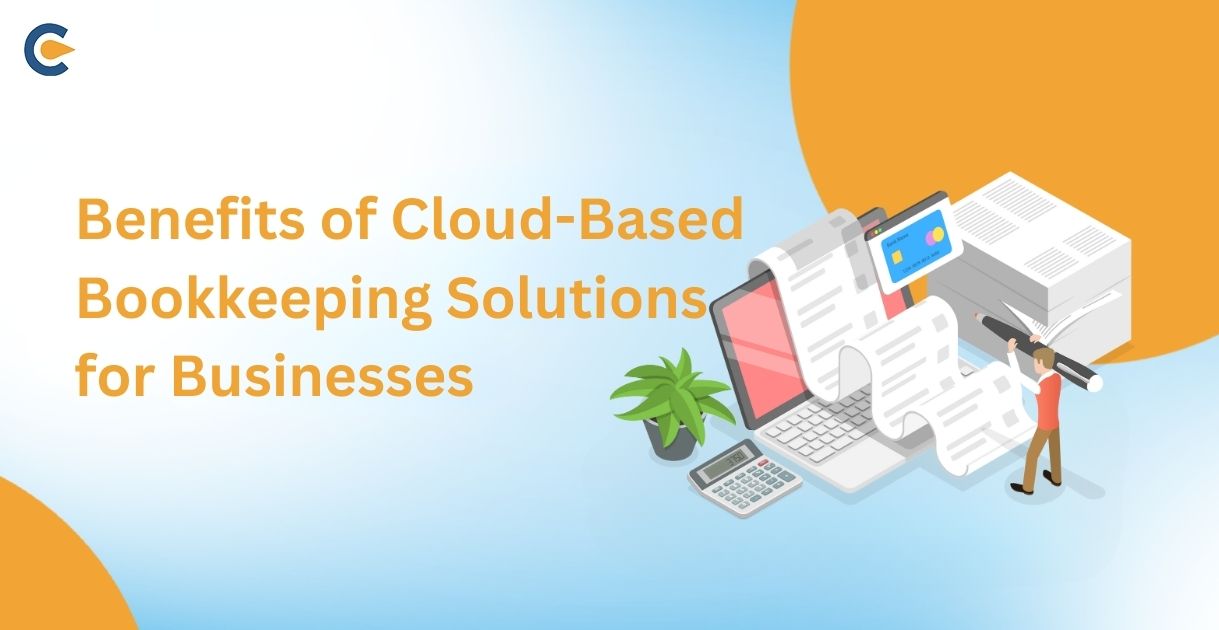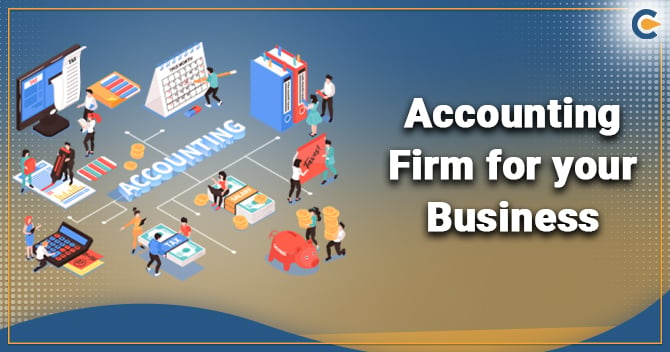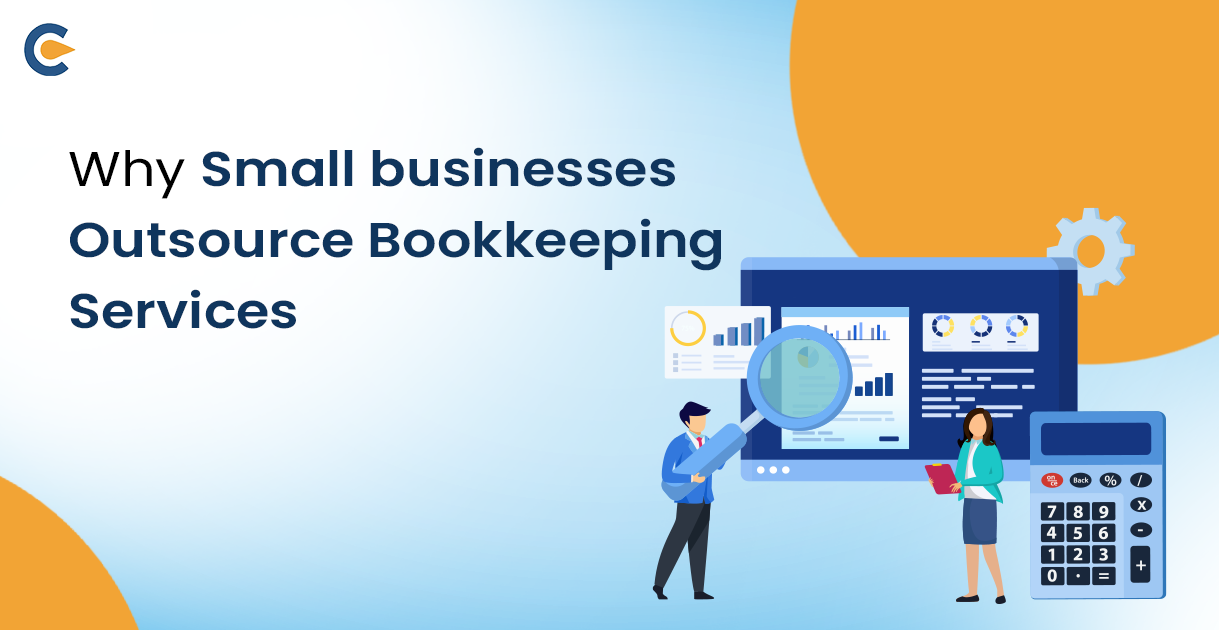For companies in every sector, effective Cloud-based bookkeeping is crucial as it forms the basis of both financial management and decision-making procedures. Fundamentally, good bookkeeping guarantees accurate financial transaction tracking, recording, and analysis, giving rise to a clear picture of a business’s financial standing. Organization and current record-keeping of revenue, spending, assets, and obligations helps firms comply with regulations, streamline tax compliance, and obtain valuable information about their financial performance.
Simplified bookkeeping procedures can help companies find ways to save expenses, improve cash flow management, and formulate wise strategic plans. A company’s capacity to prosper and stay competitive in the fast-paced business world of today is directly impacted by the quality of its bookkeeping, which affects everything from budgeting and forecasting to evaluating profitability and spotting growth prospects. In summary, effective bookkeeping helps firms achieve sustainable development and success in addition to promoting financial stability and transparency.
What is cloud-based bookkeeping?
Managing financial information and transactions via the cloud is a modern method. To store, access, and manage financial data, cloud bookkeeping services make use of secure cloud platforms and the internet, as opposed to traditional paper-based systems or local computer applications. This strategy enables companies to increase accessibility, optimize overall productivity, and streamline their accountancy procedures.
What are the benefits of cloud-based bookkeeping solutions?
Some of the benefits of cloud-based bookkeeping solutions are:
- Flexibility and Accessibility
As long as a company has an internet connection, cloud-based bookkeeping systems let them access their financial data from any location at any time. Due to this flexibility, accountants and business owners can work from anywhere, communicate in real time, and act quickly on well-informed choices.
- Cost Effective
By using cloud bookkeeping solutions, traditional bookkeeping systems’ pricey hardware, software installs, and maintenance expenses are avoided. Companies can choose subscription-based solutions, which save upfront costs and operating expenditures by providing scalability according to their demands.
- Security
Robust security features offered by cloud bookkeeping systems shield private financial data from physical disasters, illegal access, and data breaches. By ensuring that important financial data is safely kept off-site, automatic backups reduce the chance of data loss.
- Automation and Efficiency
Repetitive operations like data input, reconciliation, invoicing, and reporting are made easier by automation capabilities in cloud-based bookkeeping solutions. Businesses can save time, cut down on mistakes, and concentrate on strategic financial planning and analysis by automating these procedures.
- Integration and Scalability
Cloud-based bookkeeping systems can expand with companies without requiring major infrastructure improvements because of their scalability. A comprehensive understanding of company performance is provided via integration capabilities with other business programs, such as inventory management software or CRM systems, which improve operational efficiency.
- Regulatory and Compliance Requirements
Cloud-based bookkeeping systems frequently provide capabilities that assist companies in adhering to financial reporting regulations and regulatory standards. Businesses can comply with industry standards and keep accurate financial records by using configurable reporting tools, audit trails, and automated compliance checks.
- Real-Time Collaboration
Team members, accountants, and stakeholders can all view and change financial data at the same time thanks to cloud based bookkeeping systems that enable real-time collaboration among numerous users. The organization’s decision-making, communication, and transparency are all improved by this cooperative approach.
Businesses can gain greater accessibility, the cost-effectiveness data security, efficiency, scalability, teamwork, and regulatory compliance by utilizing cloud based bookkeeping systems.
Conclusion
In conclusion, cloud bookkeeping offers businesses a modern and efficient way to manage their financial data, streamline bookkeeping processes, and enhance collaboration among team members and stakeholders. It provides scalability, accessibility, and security, empowering businesses to make informed financial decisions and adapt to changing market conditions effectively.
Frequently Asked Questions
What is cloud-based bookkeeping exactly?
Cloud-based bookkeeping is the practice of handling financial data and transactions online and using secure cloud platforms as opposed to local computer programs or paper-based solutions.
What are the benefits of cloud-based bookkeeping for businesses?
Benefits of cloud-based bookkeeping include cost-effectiveness, accessibility and flexibility, data protection and backup, automation and efficiency, scalability and cooperation, real-time collaboration, and regulatory compliance.
Why is accessibility to cloud-based bookkeeping solutions important?
Businesses can access their financial data anywhere, at any time, thanks to accessibility, which makes it possible for them to collaborate in real time, operate remotely, and make quick decisions.
What is the contribution of cloud-based bookkeeping to cost-effectiveness?
Cloud-based solutions provide subscription-based models that lower upfront investment and operating expenditures, doing away with the need for pricey hardware and software installs.
In what ways does data security occur in cloud-based accounting?
Cloud-based systems offer strong security features to guard sensitive financial data against physical catastrophes, illegal access, and data breaches. Automatic backups guarantee that data is safely kept off-site.
Can company operations be streamlined by cloud-based bookkeeping solutions?
Yes, cloud-based systems' automation features help to save time, cut down on mistakes, and free up time for strategic financial planning by streamlining operations like data input, reconciliation, invoicing, and reporting.
How does cloud-based accounting facilitate the expansion of businesses?
The scalability of cloud-based solutions allows for the expansion of businesses without requiring major infrastructure improvements, and their integration capabilities boost operational effectiveness.
In what ways does cloud-based bookkeeping benefit from real-time collaboration?
Multiple people may view and change financial data concurrently with real-time collaboration, enhancing decision-making, communication, and transparency inside the company.
What compliance benefits might cloud-based bookkeeping systems offer?
Cloud-based solutions frequently include capabilities that help firms comply with regulatory standards and financial reporting needs, such as audit trails, automatic compliance checks, and customizable reporting tools.
Can companies tailor cloud bookkeeping systems to meet their unique requirements?
Yes, a lot of cloud bookkeeping systems include integrated features that can be adjusted, giving companies the ability to customize the program to meet their specific needs. This personalization increases productivity and guarantees that the solution closely complies with the goals and processes of the company.
Which sectors stand to gain the most from cloud bookkeeping?
Numerous businesses, including but not limited to retail, e-commerce, professional services, healthcare, and manufacturing, can benefit from cloud accounting systems. Cloud-based accounting is an effective way for businesses of all sizes to increase overall productivity and optimize their financial operations.
How are data dependability and accuracy ensured by cloud bookkeeping?
Advanced algorithms and encryption techniques are used by cloud accounting systems to guarantee the dependability and correctness of financial data. Furthermore, mistakes and inconsistencies are reduced via automated reconciliation procedures and real-time data synchronization.
Read Our Article: The Importance Of Financial Due Diligence











